Are you nailing your onboarding experience?
I’ve now been working at Aspect for just over 6 months, and as an experienced recruitment consultant starting with a new business, I thought it a good time to note down my thoughts on the onboarding experience I’ve had here. For a business to properly on-board you, there needs to be a different process for more seasoned staff from the one they use with trainees who are fresh into recruitment, as there are different needs and different expectations. Aspect do things a little differently from most recruitment firms – and this is how we do it.
1 - Before They Start
Aspect’s calendar always includes a few different social activities and will always extended an invitation to any upcoming event or leisurely catch up to new starters. I was fortunate enough to attend a casual family picnic, which before I had even joined, I had already met most of the team.
Being in a social setting really allows somebody new, to introduce themselves and not feel like they are impeding someone from working when in the office. It also makes walking into the office on the first day a much more pleasant experience and less nerve-wracking. This also gives current team members the ability to reach out more easily i.e. go for lunch or do an out-of-work drink.
2 - The First Day
On my first day at Aspect, I sat down at my new desk with everything set up; from my computer to my work phone, this was a simple task but one that is quite often overlooked. And as an added bonus, I didn’t need to wait for days (or weeks) for systems access, logins or passwords.
Next on the agenda was meeting with our People and Culture Lead, Jess Cronin. She explained how things work around the office and made sure that I was introduced to everyone. I also received an organisation chart… with everyone’s photo, which was a massive help over the first fortnight.
Following that, I had an informal catch-up with my direct manager, where we discussed my new work portfolio, how best to manage me and offsetting our expectations of each other. Don’t underestimate the value of having airtime – it’s beats being piled high with documents and procedures that you’re expected to have memorised after your first day. Which leads into the next point…
3 - Not Drowning Your New Recruit in Jargon
Aspect walk the line very well with this. You need to give as much information as you can to a new starter, but you don’t want to bog them down with jargon and train them on things that they might not use for a couple of weeks. Working out what is critical for the first month is very important.
4 - The First Two Weeks
In our office, Jess provides the training on the computer systems, financials, legal requirements and the general nuts and bolts of the business - at the pace you need.
Knowing what will keep your new employee engaged, is vital. Find out how they like to learn. If they prefer to learn by being hands-on, then that’s the way they should be taught, otherwise you’ll have a disengaged employee with a negative experience.
We are specialist recruiters in the built and natural environment, and one of the things that was key to my onboarding was understanding the different roles for each of my colleagues. I found that this makes it easier to understand the scope of our business, and ultimately how I can help my clients across different areas of their business. Additionally, our Managing Director, Matt Sampson gives a detailed yet short training session on what each individual and team does, and their function within the built and natural environment, which really helped me to connect the dots.
5 - Your First 3 Months
When an experienced employee joins a business, they are a fantastic source of knowledge. They can offer qualified insights i.e. process improvements or feedback regarding your hiring and onboarding practices.
After a couple of months, I sat down again with Matt and openly and honestly discussed my thoughts of the business so far from the very basic to the more detailed. What was different about this conversation, is that Matt took my feedback onboard, and more importantly actioned some of the ideas we discussed. Creating an environment where having these open and honest conversations is encouraged, can really allow for big changes in a business. That one meeting alone has had a lasting effect on me, I know that I can give my opinion to our business leader and I am heard and valued.
So, to wrap up - a thorough employee focused induction process significantly improves staff retention, and ideally it should start before their first day.
Getting the basics right leaves a lasting positive experience for an employee and can have a knock-on effect, such as employee referrals. Great people referring great people.
Don’t drown your new starter in paperwork, make sure that you have regular check-ins and make sure you provide a platform where existing people in the business reach out and make new team members feel welcome.
Use the new employees previous experience! They might have a wealth of new ideas to improve your business.
And remember, check in with the new starter to see if they would like you to reiterate any of the onboarding information, always ask for feedback and always ask them how they are doing.





